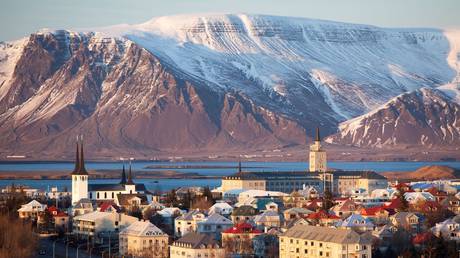
Several days of riots in New Caledonia come after Paris proposed changes to the local voting system
France has deployed troops to its Pacific Ocean territory of New Caledonia after four people were killed in violent unrest that erupted on Monday sparked by a new constitutional reform.
French Prime Minister Gabriel Attal announced on Wednesday the deployment of troops to “secure” the ports and airport of the French-ruled archipelago. TikTok had also been banned because it was being used by rioters, Attal said. A state of emergency has been declared and will remain in force for 12 days. There have been more than 130 arrests so far, according to the French authorities.
New Caledonia, which lies between Australia and Fiji, is one of a number of territories around the world that remain largely under French control in the post-colonial era. It has a population of about 300,000 people, of whom the indigenous Kanak people make up about 40%.
The unrest, which has left three Indigenous people and a police officer dead, is the worst outbreak in four decades. It started on Monday after lawmakers in Paris proposed granting French residents who have lived in New Caledonia for ten years voting rights in the province. Local independence activists fear the reform will dilute the indigenous Kanak vote. The constitutional amendment has been approved by both chambers of the French Parliament but still needs to be approved in a joint session of the National Assembly and Senate.
READ MORE: French overseas territory under curfew after riots (VIDEOS)
New Caledonia’s top French official, High Commissioner Louis Le Franc, warned of the possibility of “many deaths” if calm isn’t restored.
“The situation is not serious, it is very serious,” Le Franc said on Wednesday. “We have entered a dangerous spiral, a deadly spiral,” he added.
France granted the territory more political autonomy in 1998 but restricted voting in local elections to the Kanaks and non-indigenous residents who had lived in the territory prior to 1998. Independence referendums were held in 2018, 2020, and 2021, but in all three cases the population voted to remain part of France. The first two referendums, however, showed slim majorities, and the third one, in 2021, was boycotted by pro-independence parties because it was held during the pandemic.
New Caledonia is the world’s third largest producer of nickel, which is used extensively in the construction, chemical, and communications industries.




